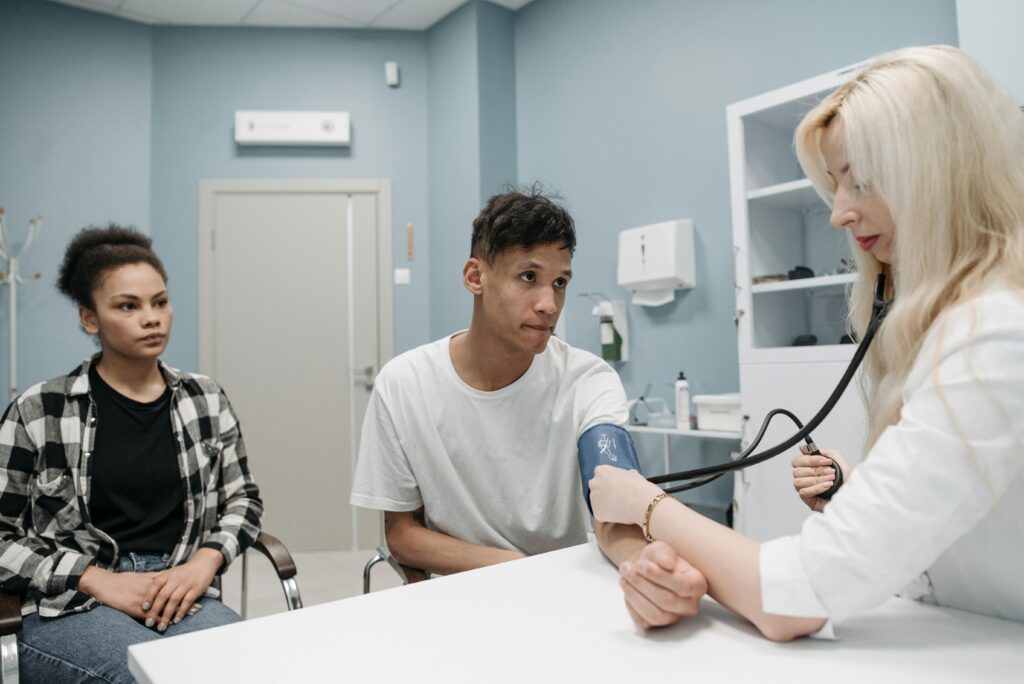It’s time for health care to move upstream. We know that social needs, such as stable food, housing, and social supports, affect health at least as much as does care. These non-medical factors have a powerful impact on population health and the cost of care. But it’s hard to know where to begin. How can your organization develop and implement a strategy to address the needs of your most vulnerable populations and move the needle on outcomes?
Going upstream is actually quite attainable, if you follow an effective process. Our experiences assisting other committed, innovative healthcare systems and plans have shown us how.
Join Manik Bhat, CEO and Co-founder of Healthify, and Rishi Manchanda, MD MPH, President and Founder of HealthBegins, as they share expert advice on how to set up a social needs strategy to improve care and reduce costs.
Speakers:
- Rishi Manchanda, MD, MPH, Founder & President, HealthBegins
- Manik Bhat, CEO and Co-founder of Healthify
Webinar Objectives:
By the end of the webinar, attendees will be able to:
- Outline a social determinants of health quality improvement program.
- Develop a scalable assessment process for the identification of need.
- Identify relevant community resources efficiently.
Featured Content
Providing Health Equity for Immigrants in a Time of Crisis
This moment presents an opportunity for healthcare leaders to harness the national attention focused on immigrant care to build investments, policies, and protections to improve care for these communities long-term.
HealthBegins Brief: Addressing Climate Health Inequities With The Community Health Needs Assessment
This HealthBegins Policy and Practice Brief invites every healthcare organization to immediately begin addressing the impact of climate change on health at the community level and with community participation.
Immigration Enforcement in Healthcare Settings: How to Prepare and Respond
Many of our healthcare partners are asking how they should prepare for potential ICE encounters on their premises and respond in the interim to concerns among patients and staff. These questions, answers, and resources provide some guidance.



